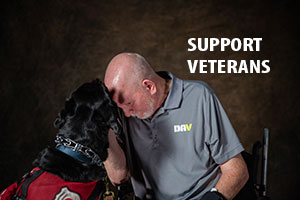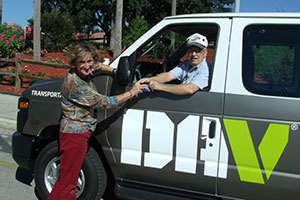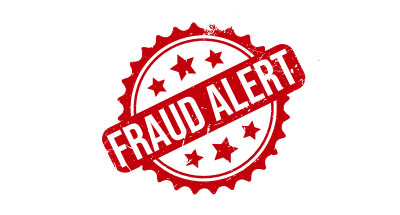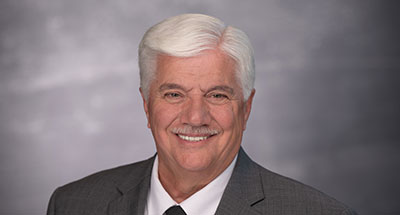Protecting Veterans Against Scams
There is no shortage of scammers looking to take advantage of people online, through the mail or in person. Veterans—especially those who receive compensation benefits— are particularly sought-after targets.
In fact, veterans are twice as likely to unknowingly participate in a scam as the general population, according to a 2017 AARP survey. An estimated 16% of veterans describe losing some money to fraud, while 78% report scams explicitly designed to exploit their military service.
Of the veterans who did fall victim to fraud in 2019, the average amount lost was nearly $900—almost three times as much as non-veterans.
Criminals target veterans using several known scams including, identity theft, online phishing scams and investment deceit, to name a few.
Scams targeting veterans
Here are some common veteran scams and what to do if you encounter them.
– Phishing. Fraudsters will often contact veterans by phone or email, claiming they are officials from the Department of Veterans Affairs who need to update their records. The critical thing to remember is not to automatically accept the caller is who they purport to be. When coming into contact with potential scams like this, you should ask for their name, their title and confirm that information with the VA independently.
Do not take their word for it and do not give them social security numbers, bank account information or addresses until you can verify the caller is legitimate. It is okay to delay responding or ask for a call back number to give information at a later time once you have been able to authenticate the call or email.
Carefully scrutinizing an email or text could help protect you from scammers.
– Red flags to watch out for:
- Suspicious messages sent from public email domains. Nearly every legitimate organization will have its own domain. It is exceedingly rare for an official email to come from a public domain such as “@gmail.com” or “@yahoo.com.” For example, legitimate emails from DAV will have an address ending in “@dav.org.” Veterans should also be aware of misspelled domain names.
- Poor spelling and grammar. Official correspondence is usually well-proofed, and errors in the body of emails can be a tell-tale sign of fraud.
- Suspicious links and high-pressure requests. Criminals realize you’re more likely to click a dubious link if you feel under pressure, so be wary of an email containing suspicious links or attachments that create a sense of urgency.
- Investment advice. Unfortunately, according to AARP, some deceivers refer to themselves as veterans’ advocates and claim their victims are entitled to additional veterans benefits. If approached by someone in this manner, AARP recommends veterans confirm their state regulatory office credentials.
- Charging money for free records. In this scam, fraudsters convince veterans to pay them for documents that are already free. If you want copies of your VA or military records, you should contact the Department of Veterans Affairs, the National Archives or the appropriate service branch.
- Requiring upfront payment. This is a common scam in which the fraudsters claim to have large amounts of money, and they need help to get it to you. Some even go as far as to claim they are a military member overseas. Another version of this grift asks for money to start a business. It is best practice to safely guard your finances and banking information, particularly from people asking for money upfront in exchange for more money or a stake in a business.
- Exclusive deals for veterans. Be mindful and skeptical of car purchases, loans, home rentals and other deals only for veterans. In many cases, the items are not discounted at all, and some may be for non-existent products and services. Of course, there are legitimate discounts available to veterans, but it is best to check them out before buying anything and never send money to someone you do not know.
What to do if you see someone misusing DAV content to raise funds improperly
If you see someone attempting to illegitimately use DAV logos or other material to ask for donations, please alert our donor relations department by emailing [email protected].
I’ve been scammed. What now?
If you or someone you know fall victim to a scam, you can file a complaint with the Federal Trade Commission, either online or by dialing 877-382-4357. If the fraud came through the internet, like in an email, for example, you could also report it to the Federal Bureau of Investigation’s Internet Crime Complaint Center.










